Top 5 Signs Your Pet Rabbit Needs a Dental Checkup Today
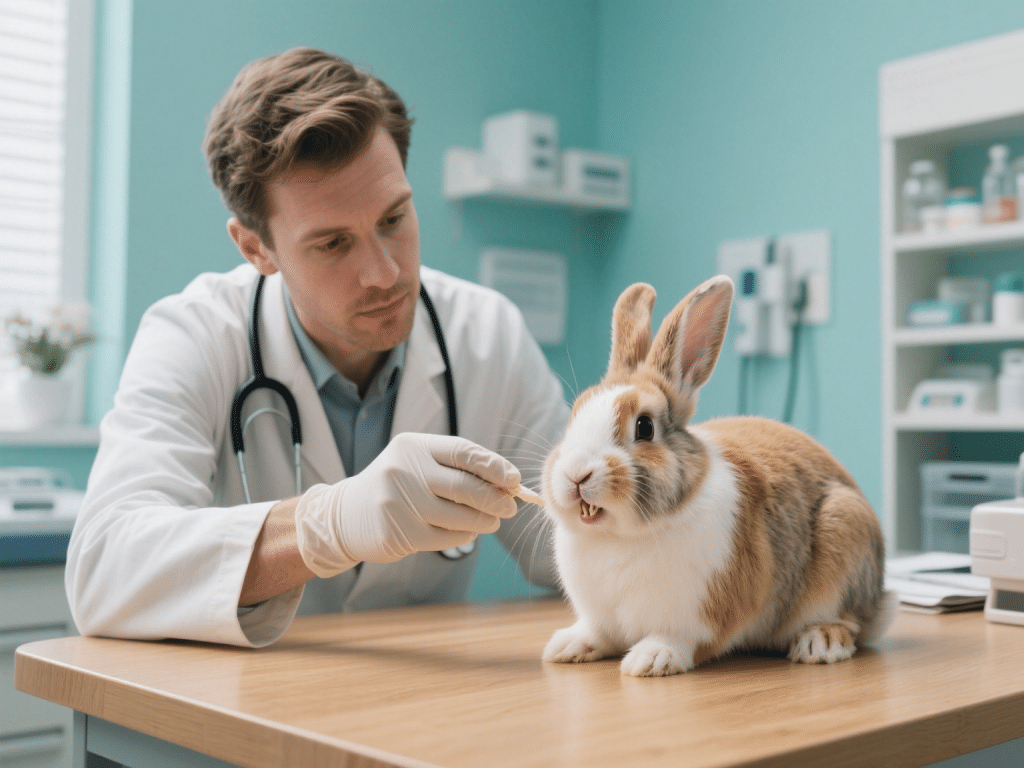
Regular dental care is the cornerstone of rabbit wellbeing. As a lifelong rabbit keeper and small‑animal veterinarian, I’ve seen countless bunnies suffer in silence from overgrown teeth—often leading to painful abscesses, malnutrition, and behavioral changes. Spotting issues early is crucial. Below are the top five signs that it’s time for a professional dental checkup:
Decreased Appetite or Selective Eating
Rabbits naturally nibble on a variety of grasses and leafy greens. If your lop or dwarf suddenly pushes aside crunchy hay but still eats soft pellets, sore teeth may be the culprit.
- Anecdote: I once had “Thumper,” a Netherland Dwarf, who adored alfalfa hay—then overnight only ate soft timothy pellets. A quick exam revealed incisor malocclusion.
Drooling or Wet Fur Around the Mouth
Salivary overflow, stained fur, or dampness at the jawline can indicate painful ulcerations caused by sharp molar spurs.
Weight Loss and Reduced Fecal Output
Painful chewing reduces food intake, which quickly shows as weight loss. Less food means fewer droppings; monitor daily output in both count and size.
Changes in Grooming Habits
Rabbits are meticulous self‑groomers. Dental pain leads to scruffy fur, dirty hindquarters, or matted patches on the forepaws—especially in long‑haired breeds.
Behavioral Shifts
A once‑playful bunny becoming reclusive, less active, or grinding teeth (bruxism) signals distress. Bruxism, audible when your rabbit is still, is a classic “pain call.”
What to Do Next
Action Plan: Schedule an immediate appointment with an exotic‑pet–experienced vet. They’ll perform a full oral exam under sedation, trim spurs, and X‑ray if needed.
Home Care Tips:
Offer unlimited high‑quality timothy hay to naturally file teeth.
Introduce safe chew toys (apple‑wood sticks, untreated wicker) to encourage grinding.
Ensure daily fresh vegetables to maintain jaw motion.
By catching dental disease early, you safeguard your rabbit from pain, costly treatments, and reduced quality of life. Remember: healthy teeth are happy bunny business!
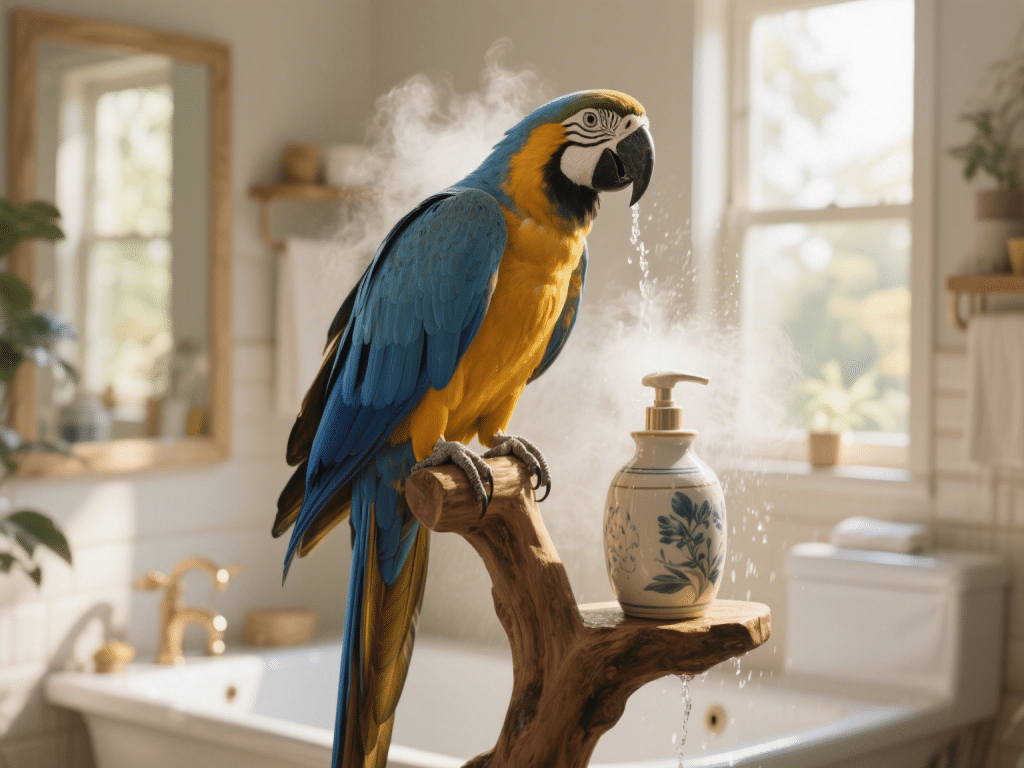
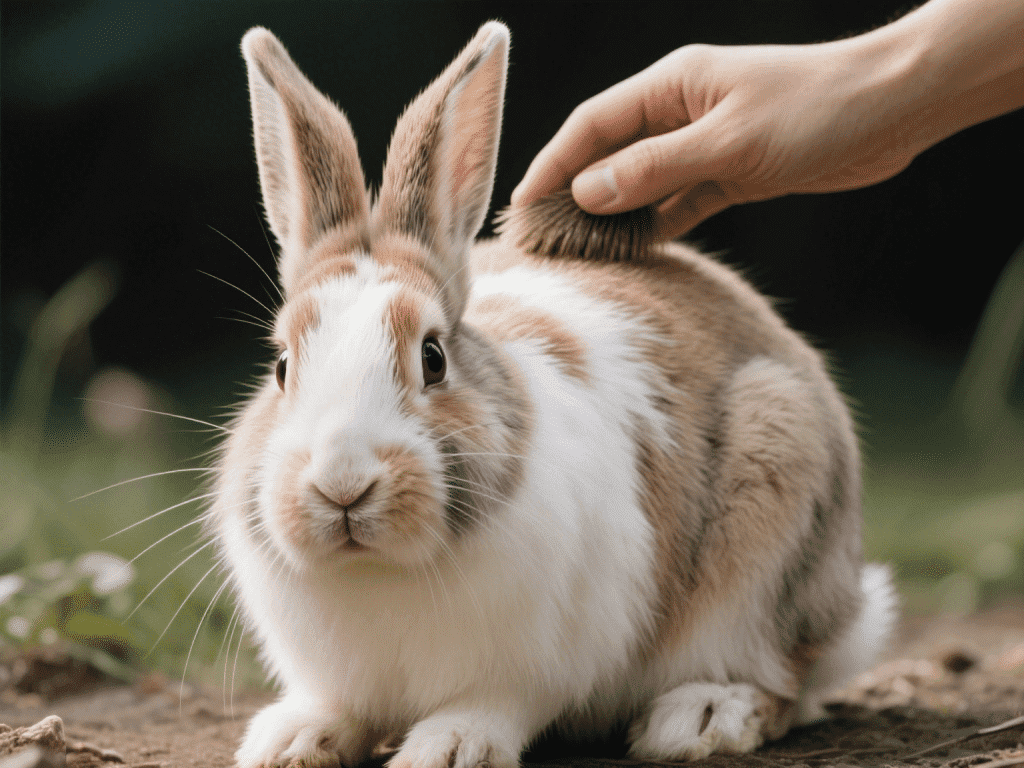
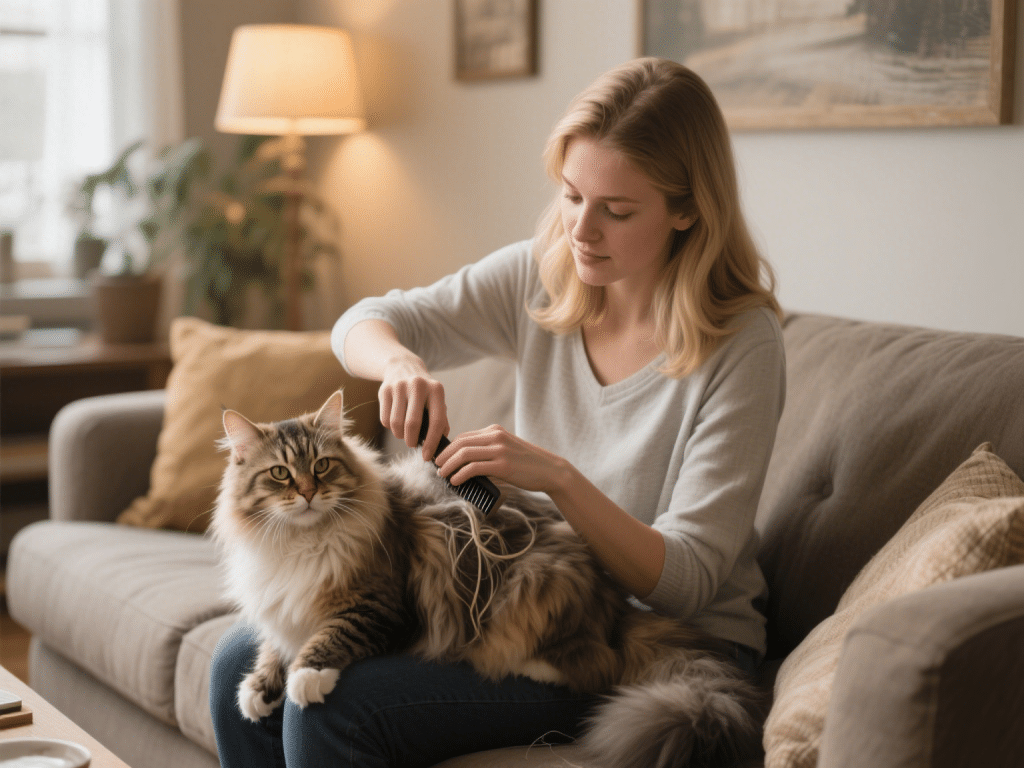
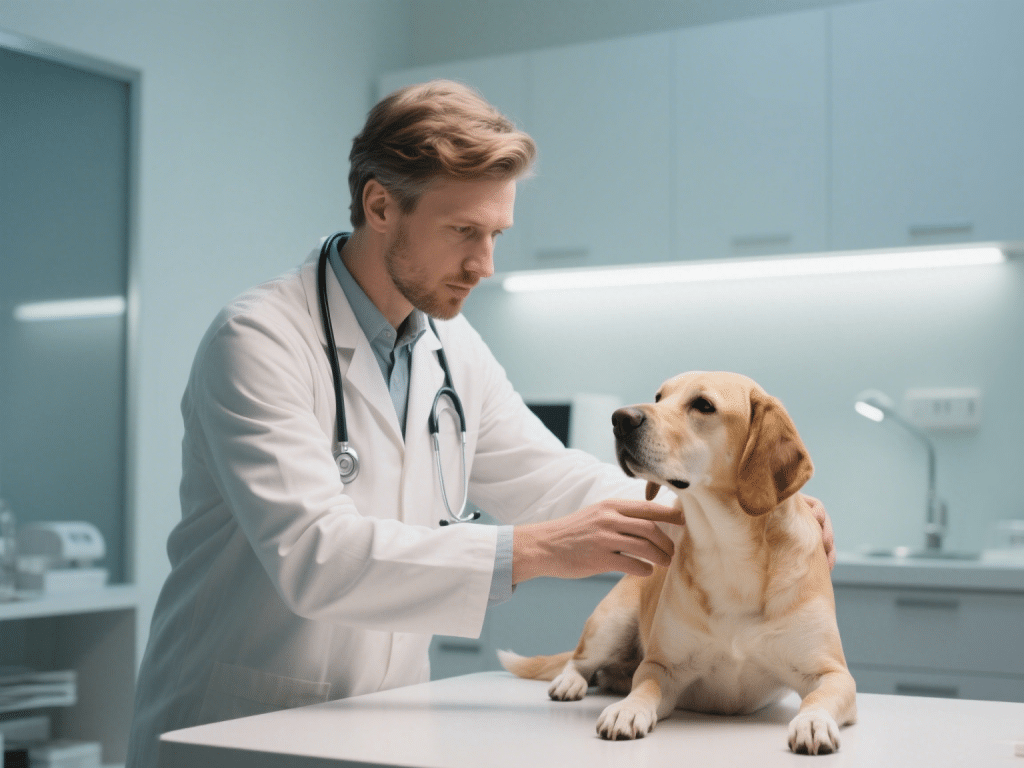

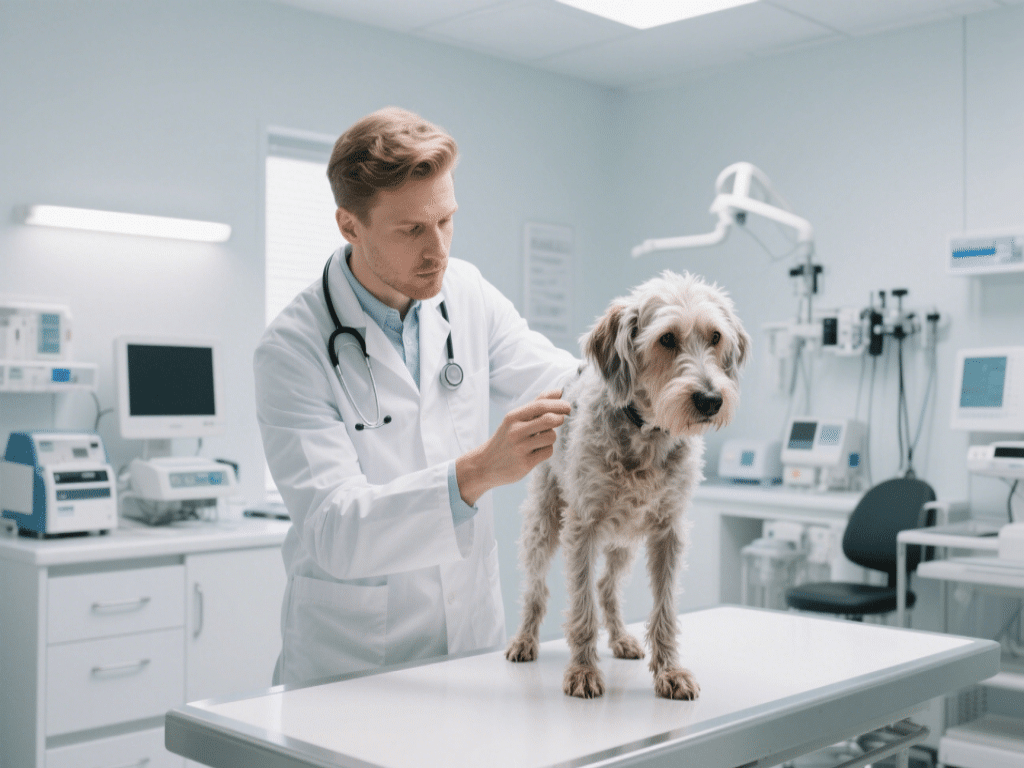



Comments on "Top 5 Signs Your Pet Rabbit Needs a Dental Checkup Today" :